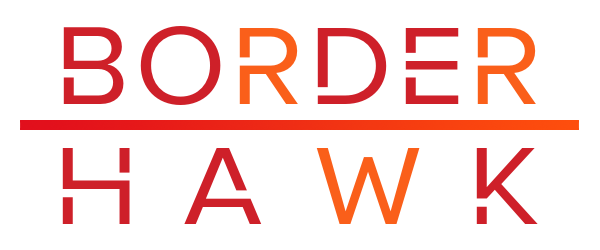New Public Charge Rule Allows Aliens to Continue Taking Advantage of Taxpayers

While Americans prepare for Christmas, a new federal rule will quietly take effect to insidiously weaken the integrity of our immigration system.
Effective December 23, the rule pertains to how the government determines whether an alien is likely to become a “public charge” reliant on taxpayers to meet basic needs.
It doesn’t meaningfully depart from “interim” 1999 guidance by the former Immigration and Naturalization Service (INS), but puts the nail in the coffin of President Trump’s 2019 effort to strengthen the rule. This is welcome news for open-borders activists, but it flouts Congress’ intent, erodes the integrity of the legal immigration system, and strains public coffers.
Section 212(a)(4) of the Immigration and Nationality Act (INA) renders inadmissible an alien “likely at any time to become a public charge.” The INA does not explicitly define “public charge,” but says adjudicators must take into account age, health, family status, assets, resources, financial status, education, skills, and any “affidavit of support” binding a third party to financial responsibility for the alien.
This seems like a lot to consider, but the rule taking effect in December explicitly excludes several public benefits from the equation. Food stamps, the Children’s Health Insurance Program (CHIP), Medicaid, Medicare, housing benefits, benefits for “immunizations or testing for communicable diseases,” and other “supplemental or special-purpose benefits” are barred from consideration. So are benefits received by the alien’s family, even those in the same household.
With so many exclusions, you may wonder what’s left. There are only a few: Supplemental Security Income (SSI), Temporary Assistance for Needy Families (TANF), state/local cash benefits, and “long-term institutionalization at government expense.”
The Department of Homeland Security (DHS) has arbitrarily decided these are the only programs leading an alien to “depend primarily on the government” because they entail direct cash payments. However, taxpayers are on the hook whether payments go directly to the alien or are spent for their sole benefit.
By contrast, President Trump’s 2019 public charge rule changed the weak 1999 guidance to include more benefits and imposed a series of positive- and negative-weighted factors for adjudicators to consider. It defined a public charge as an alien who receives one or more public benefits for more than one of three years in the aggregate.
If an alien received two benefits in a month, that would count as two months of receipt. Predictably, it immediately faced injunctions by activist courts and, after a series of legal actions, was permanently blocked in March 2021 and the 1999 guidance restored. This new rule will formally implement the “interim” guidance while making minor technical changes. This is just one of many actions Biden has taken to unleash the floodgates of legal and illegal immigration.
Although Congress did not explicitly define “public charge” in the INA, their intent was clear: protect the taxpayer by barring aliens who will drain their resources. This rule doesn’t do that. To the contrary, aliens enjoy a wide array of public benefits without negative immigration consequences. A 2018 Center for Immigration Studies (CIS) study showed 63 percent of alien-headed households use at least one public benefit, and this rate will only grow with the flood of low-skill labor encouraged by Biden.
FAIR opposed this rule from the beginning and submitted comments to DHS during the public notice-and-comment period, but the agency predictably kowtowed to open-borders advocates. On September 21, Congressman Troy Nehls (R-Texas) introduced a House resolution to nullify the rule under the Congressional Review Act.
While unlikely to pass under Democratic control, it may have renewed life if there is a Republican majority next Congress. FAIR will continue to monitor this issue and support commonsense efforts to protect taxpayers.
This article was originally published the Federation for American Immigration Reform.
Visit BorderHawk.news




